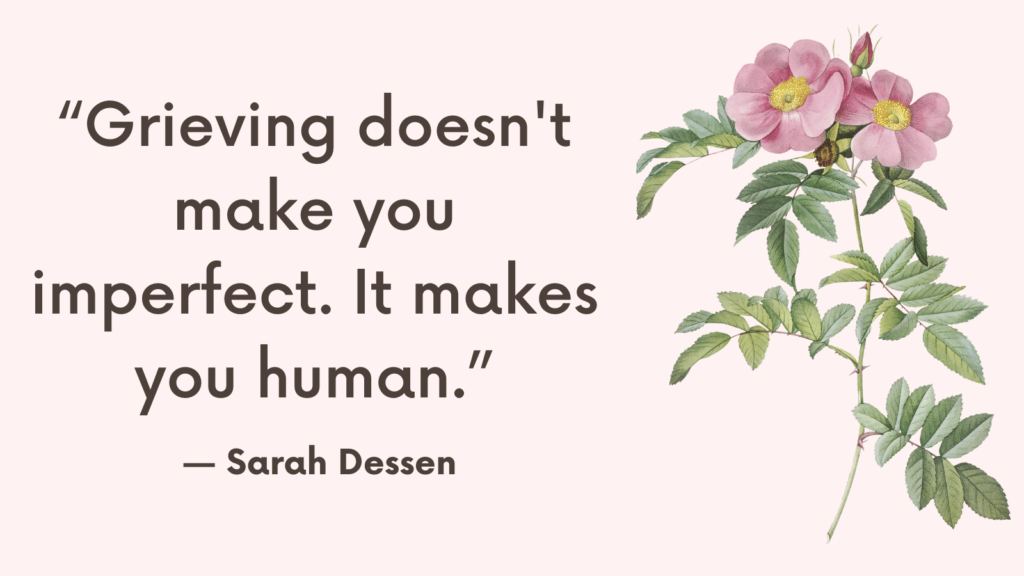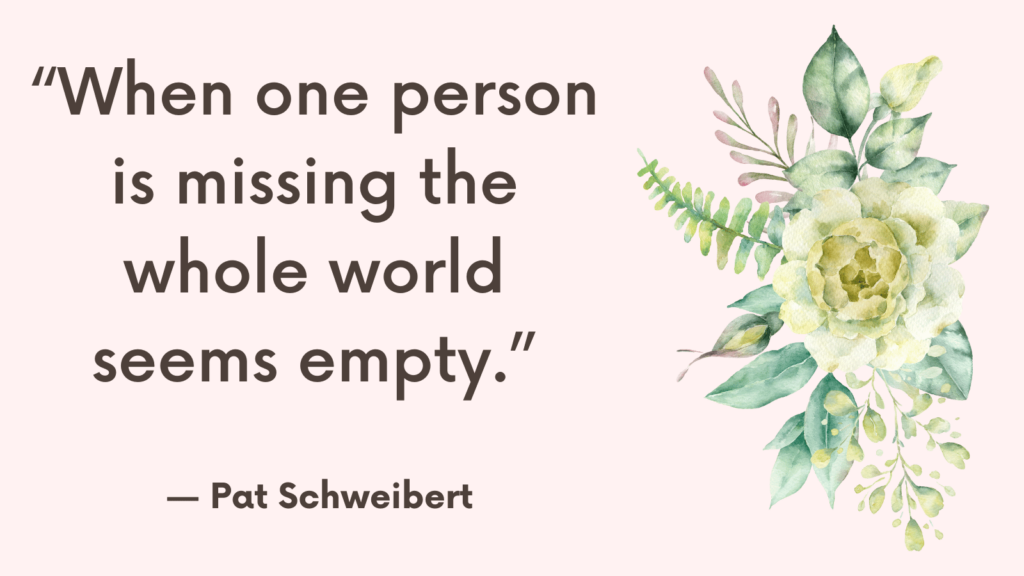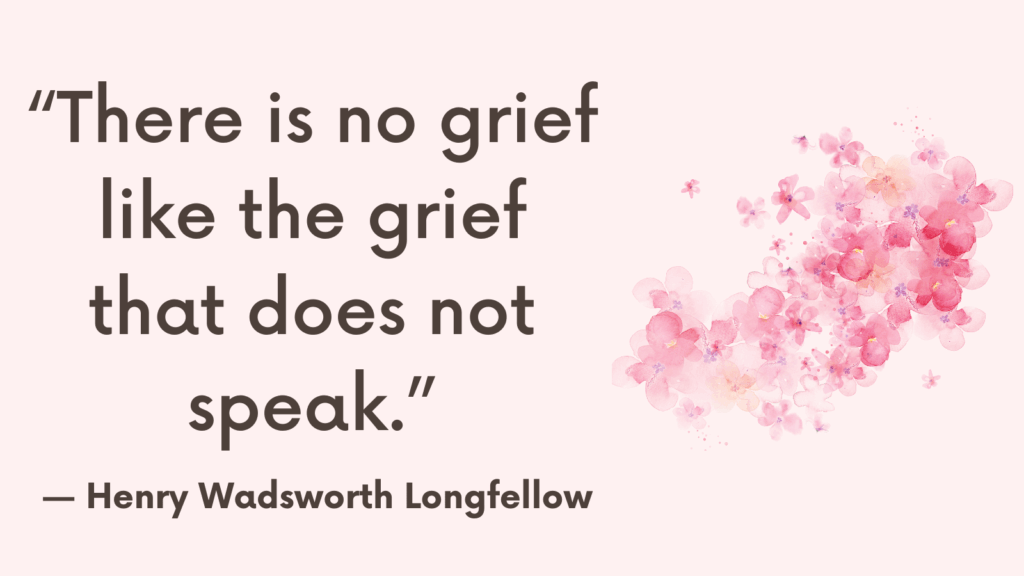In this post, you’re going to learn how to cope with losing a pet suddenly.
The Challenges of Losing a Pet Suddenly
The sudden loss of a pet can bring about a unique set of emotional challenges.
The bond between a pet and their owner is often profound, characterized by unconditional love, companionship, and a deep sense of connection.
When this bond is unexpectedly severed, individuals can experience a range of intense emotions that require understanding and support.
The sudden loss of a pet can evoke feelings of shock and disbelief.
Unlike anticipated losses where one might have time to prepare emotionally, a sudden loss can leave individuals reeling with a sense of surrealism and difficulty accepting the reality of what has occurred.
This can lead to confusion and an overwhelming sense of emptiness as individuals struggle to come to terms with the abrupt absence of their cherished companion.
Guilt and regret are also common emotional responses to the sudden loss of a pet. Individuals may find themselves grappling with thoughts of “what if” or “if only,” wondering if there was something they could have done to prevent the tragic outcome.
These feelings can be particularly distressing as they may compound the grief, making it more challenging to find peace amidst the pain.
In addition to the emotional toll, the sudden loss of a pet can disrupt daily routines and habits, further exacerbating the sense of loss and disorientation.
Pets often play integral roles in their owners’ lives, offering comfort, companionship, and a sense of structure.
When this is suddenly taken away, individuals may find themselves struggling to navigate through their days, encountering reminders of their pet at every turn.
Furthermore, sudden pet loss can heighten feelings of isolation and loneliness.
The absence of a beloved pet can create a palpable void in an individual’s life, leaving them feeling disconnected and adrift.
This can be especially challenging if the pet served as a primary source of companionship and emotional support.
Related: Best +30 Grief Activities For Adults (+FREE Worksheets PDF)
How to Cope With Losing a Pet Suddenly?
When faced with such a loss, it’s essential to acknowledge and process the emotions that arise while seeking effective coping strategies.
1. Acknowledge Your Emotions:
It’s important to give yourself permission to feel and express your emotions authentically.
Acknowledge the depth of your grief and allow yourself the space to mourn the loss of your pet.
Whether it’s shock, disbelief, sadness, or anger, each emotion is valid and worthy of acknowledgment.
2. Seek Support:
Surround yourself with empathetic and understanding individuals who can offer support during this difficult time.
Whether it’s friends, family members, or support groups, having a network of compassionate listeners can provide comfort and validation as you navigate through your grief.
3. Honor Your Pet’s Memory:
Finding meaningful ways to honor your pet’s memory can be an integral part of the healing process.
Consider creating a tribute or memorial that celebrates the life and companionship of your beloved pet.
This could involve planting a tree, designing a photo collage, or crafting a special keepsake in their honor.
Related: Grief Comes In Waves: Top 12 Lessons From Grief No One Talks About
4. Establish Routines and Self-Care Practices:
The sudden absence of a pet can disrupt daily routines and habits, leading to feelings of disorientation and loss.
Establishing new routines and engaging in self-care practices, such as regular exercise, mindfulness, or engaging in activities that bring you joy, can provide a sense of structure and emotional nourishment.
5. Allow Yourself Time to Grieve:
Grieving is a deeply personal journey, and there is no set timeline for healing.
Allow yourself the grace of time as you navigate through your grief.
Be patient with yourself and understand that the process of mourning is unique to each individual.
6. Engage in Meaningful Activities:
Engaging in activities that hold meaning and significance to you can provide solace and moments of respite amidst your grief.
Whether it’s spending time in nature, volunteering, or pursuing creative outlets, finding joy in activities that nourish your soul can be instrumental in the healing process.
7. Practice Self-Compassion:
During times of grief, it’s essential to practice self-compassion and self-care.
Be gentle with yourself, acknowledge your pain, and offer yourself the same kindness and understanding that you would extend to a loved one facing a similar loss.
8. Embrace Memories and Reflection:
Reflecting on the cherished memories and experiences shared with your pet can be both comforting and healing.
Create space for reminiscence, allowing yourself to embrace the joy and love that your pet brought into your life.
Related: Resilient Grieving: Best 17 Ways To Manage Grief In The Workplace (+FREE Grief Worksheets)
9. Consider Pet Loss Support Resources:
There are numerous resources available specifically tailored to support individuals coping with the loss of a pet.
Online forums, grief support hotlines, and pet loss support groups can offer a sense of community and understanding as you navigate through your grief journey.
The Association for Pet Loss and Bereavement is a nonprofit organization staffed by volunteers trained in pet bereavement counseling.
Everlife Memorials support groups in US
Grief Healing lists several pet loss helplines, as well as virtual support groups.
Veterinary Medical Center at Michigan State University runs an online pet loss support group the second and fourth Wednesdays of every month from 6:30-7:30 p.m. (There is no charge for this service.)
Lap of Love: veterinary hospice & in-home euthanasia
Letters to Pushkin allows you to express yourself through letter writing. You can write a letter directly to your pet, upload a photo, and if you wish make your letter public so that others can read it.

FAQs
Is it normal to grieve a pet as deeply as a person?
Yes. The emotional bond with a pet can be just as strong — and sometimes stronger — than relationships with people. Pets provide consistent comfort, companionship, and love without judgment. Losing that can feel devastating, and it’s completely normal to mourn them deeply.
How long does grief after losing a pet usually last?
There’s no timeline for grief. Some people begin to heal in weeks, while others take months or even years to process the loss. It often depends on the length of the bond, the circumstances of the loss, and personal coping style. Grief may soften over time, but moments of sadness can resurface unexpectedly.
Why does this feel harder than I expected?
Pet loss grief can feel more intense than anticipated because pets are part of your daily rhythm — they’re at your side during quiet moments, routines, and emotional highs and lows. Their absence disrupts not just your emotions, but your daily life, home, and sense of comfort.
What are common emotional reactions?
You may feel:
- Deep sadness or crying spells
- Guilt over decisions (like euthanasia)
- Anger at the situation or others who minimize it
- Numbness or disbelief
- Longing to see or hear your pet again
These emotions can come in waves and may feel unpredictable.
Is guilt a normal part of pet loss?
Yes. Guilt is extremely common, especially if you had to make the decision to euthanize or if you replay moments wondering if you could have done more. It’s important to remind yourself that you made the best decision you could with the information you had — and that your pet was deeply loved and cared for.
Related: Explanation of Grief Ball In a Box
How do I explain this grief to people who don’t understand?
Grief over a pet is sometimes dismissed by those who haven’t experienced it. You can say, “This loss is like losing a family member for me. I’m grieving because this relationship meant a lot.” It’s okay to protect your emotions and seek support from those who understand rather than justify your pain to those who don’t.
Should I get another pet to feel better?
Only if and when you feel emotionally ready. Getting a new pet is a personal decision — and it’s okay if that takes time. A new animal can bring comfort, but it won’t erase your grief. Make sure you’re seeking a connection, not a replacement.
What if I’m still crying after weeks or months?
Crying is a natural and healthy response to loss. If your emotions feel overwhelming or persistent, it doesn’t mean something is wrong with you. However, if you’re feeling stuck in prolonged depression or daily functioning becomes difficult, consider reaching out to a grief counselor or therapist.
Can children experience pet loss as deeply as adults?
Absolutely. For many children, losing a pet is their first experience with death. It’s important to allow them to grieve, answer their questions honestly, and help them find age-appropriate ways to express their feelings — like drawing pictures, making a scrapbook, or talking about favorite memories.
Related: Cumulative Grief: How To Cope With Bereavement Overload?
Conclusion
The sudden loss of a pet can have a profound impact on one’s emotional well-being, and navigating through this experience requires patience, self-compassion, and support from those who understand the significance of the human-animal bond.
By honoring your emotions, seeking support, and engaging in healing practices, you can gradually find moments of peace and acceptance amidst your grief.



